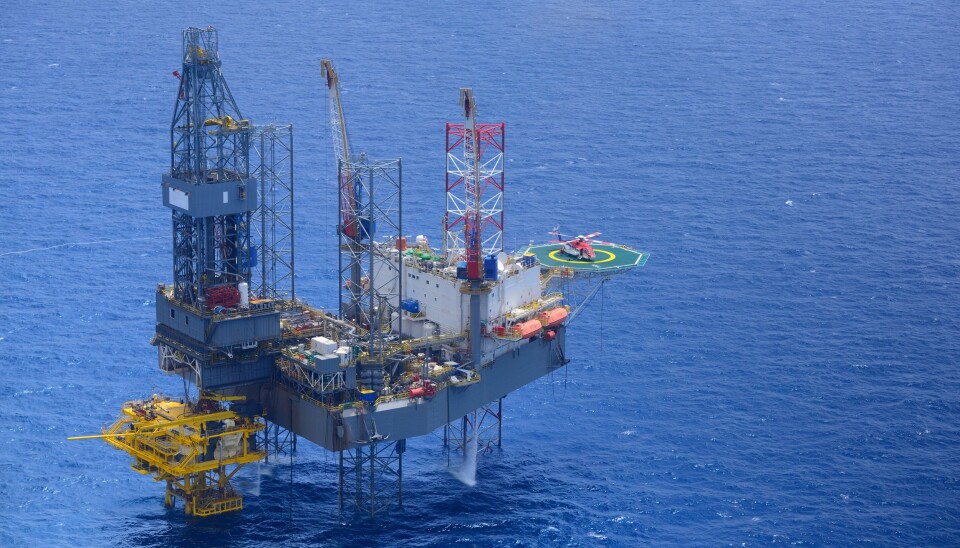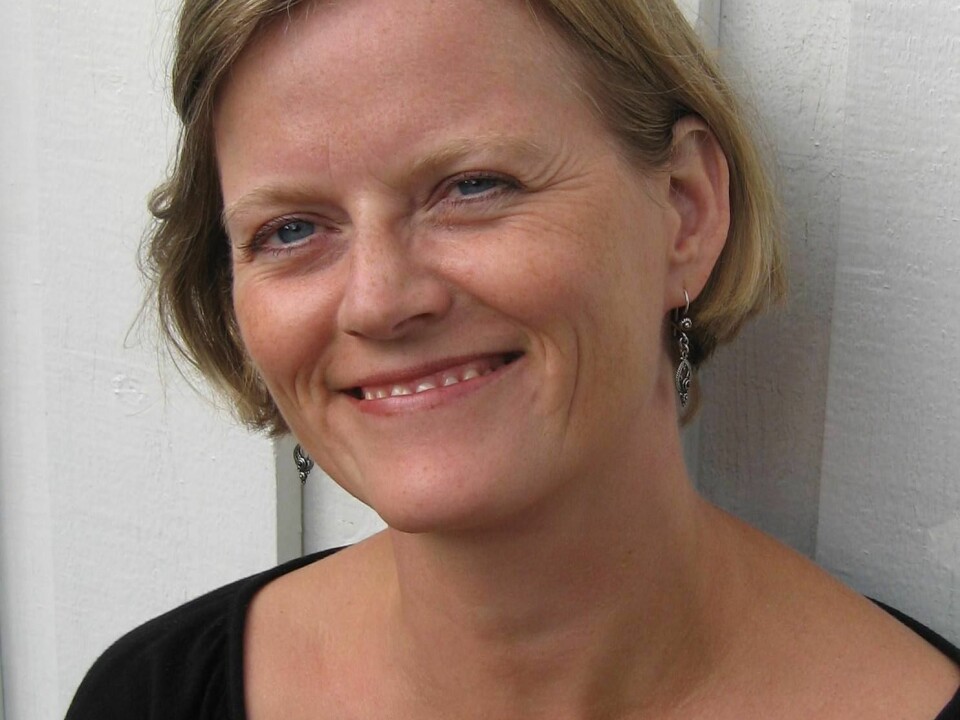
A climate policy that oil companies can support
Instead of companies and consumers paying climate taxes, oil companies could cut production, according to Norwegian economists. In return, they would be paid more.
According to the Paris Agreement on climate change from 2015, all countries are to reduce their emissions of greenhouse gases. This is how the deal envisions we keep global warming to well below 2 degrees.
It is up to the countries how they do this within their own borders: taxes, carbon credits or prohibitions.
But the countries have not pledged large enough cuts in emissions. And it is highly likely that many will not fulfill their promises.
Norwegian economists now think we should start in the other end: what if the producers themselves cut back on the production of fossil fuels?

Karine Nyborg and eight other Norwegian economists have now proposed that a supplementary agreement be made to the Paris Agreement, under which producers agree to extract less oil, coal and gas.
The proposal is detailed in an article published in the journal Science.
Climate policy for oil nations
Nyborg is an economist and professor from the University of Oslo who was the one of the study’s authors. She says Norway has many experts in both climate economics or oil and resource economics, so it seemed useful to bring them together to consider whether they could find a common understanding of the economics and politics surrounding climate change.
"But why would the producers agree to a deal that cuts back their production?"
"This could actually be in the interest of the producers", says Nyborg.
She explains how a reduction in production will lead to an increase in the prices for oil, gass and coal internationally. This will benefit the producers.
She adds that the oil companies have been among the strongest lobbyists against politics that tackle climate change.
“This is the kind of climate policy they might like,” she says.
Sealing up carbon leaks
Another challenge to cutting emissions is something called carbon leakage. Essentially, this describes the problem that emissions reductions in one country can lead to an increase in emissions in other countries.
"Carbon leakage is an effect of the Paris Agreement", says Nyborg.
For example, the EU is trying to reduce its emissions by using less oil, coal and gas.
But when the EU uses less resources, international prices drop and these resources are more available to others.
“Companies in the EU have to buy quotas to be able to emit CO2, which is expensive for them. But many countries do not have systems like this,” says Nyborg.
People in countries without carbon quotas will use more fossil fuels when international prices fall, she says. This means the emissions are relocated, and the effect of the reduction is partially lost.
“But if we get an agreement that reduces the amount of petroleum products as well, this trend will be counteracted,” she said, because petroleum prices will go up.
That stops carbon leakage and makes the Paris Agreement measures more effective.
When supplies are low and prices are pushed up, economists believe that companies and private investors will be encouraged to find other areas to invest their money.
Nyborg thinks private investors will make rapid changes to invest in climate-friendly technologies, given this scenario.
Problem for lesser-developed countries
One of the potential criticisms of the economists’ proposal is that it will put a burden on poorer countries that don’t have access to fossil fuels and have to buy them.
“In isolation, a producer agreement like the one we propose will be a disadvantage for them. Some of these countries are poor,” Nyborg says.
Fossil fuels will be more expensive, which could be seen as unfair.
But the world has been trying to negotiate emission limits from the demand side for many years — without success.
Nyborg says that a realistic alternative to the situation as it stands now may not be a successful Paris agreement, but a failed Paris agreement.
“If the alternative to a producer agreement is uncontrolled global warming, then the justice issue becomes more nuanced. Many poor countries will also suffer very badly from strong global warming,” she says.
Initiate the debate
Nyborg hopes that the article will open a debate and that people with other ideas will join the discussion.
“We are economists, and there are certainly other aspects that should be explored,” she says.
Furthermore, she hopes that Norway can take a pioneering role in the initiative.
“I hope this is something that the Norwegian authorities can take the initiative on, and make it happen,” she said.
——————————————






























